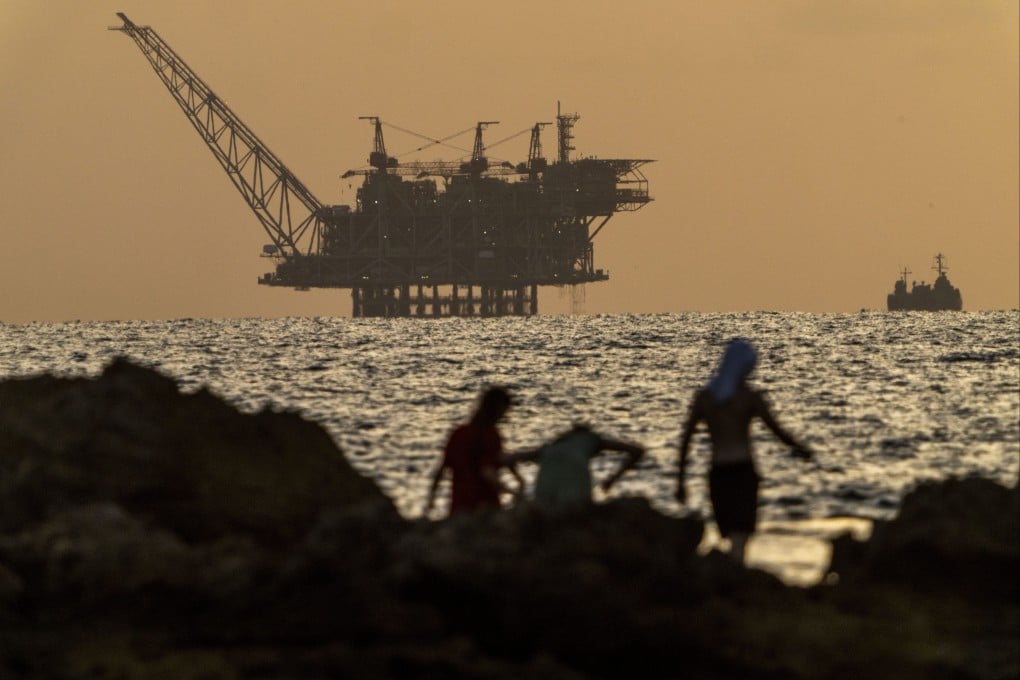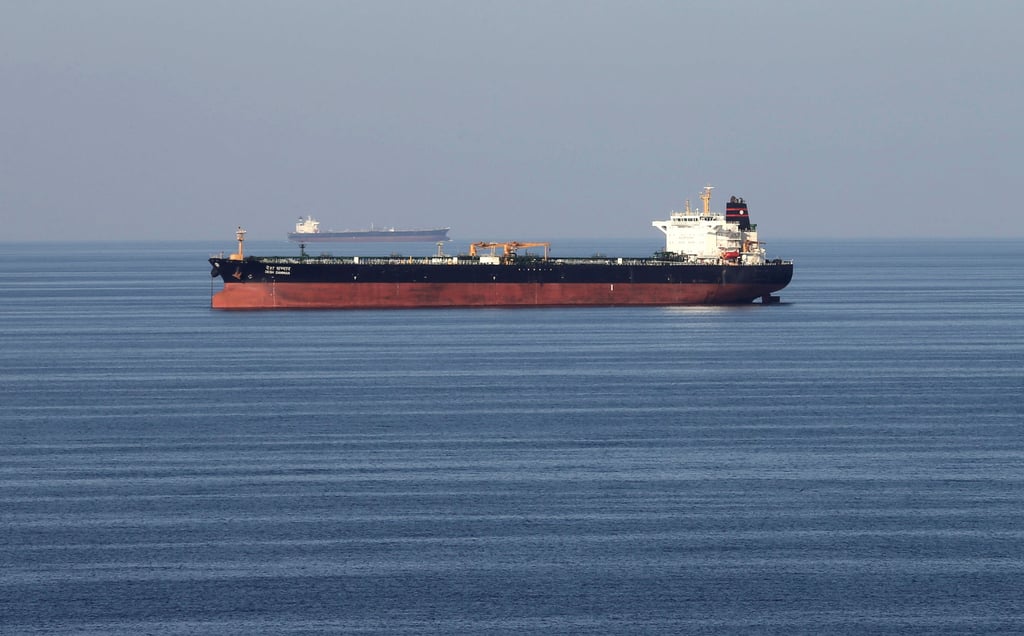Asia at ‘great deal of risk’ as wider Middle East war could spike oil prices, disrupt supply
Asian economies, especially China and India, face ‘tall order’ to reshuffle oil import flows should tensions destabilise markets, analysts say

Rising tensions between Israel and Iran threaten to disrupt the flow of oil through the Strait of Hormuz, a crucial energy artery for Asia, as fears grow that a wider Middle East conflict could choke off supplies and destabilise markets.
“Asian economies will face a great deal of risk, especially China and India, since [they] consume the largest share of 14 million barrels per day [of oil] exports coming out of the Strait of Hormuz,” said Aditya Saraswat, Middle East and North Africa research director at Rystad Energy, an independent energy research and business intelligence company.
On Saturday, a drone targeted Prime Minister Benjamin Netanyahu’s house in the wake of the killing of Hamas leader Yahya Sinwar, who was the mastermind of last year’s October 7 attack on Israel. Meanwhile, Israel has stepped up attacks on Iran-backed Hezbollah in Lebanon.
Brent crude, the benchmark oil price, shot up to US$80 per barrel on October 7 from about US$71 on September 26 following the round of hostilities. On Monday, oil was trading at about US$73.40 per barrel, up 0.15 per cent in the past month amid jittery market sentiments.

The Strait of Hormuz is a narrow sea passage which runs between Oman and Iran, connecting Middle East oil and gas producers to world markets. In the event of a full-blown war, it could choke the vital corridor, risking up to 12 million barrels per day of oil, according to an October 17 report by Rystad Energy.
